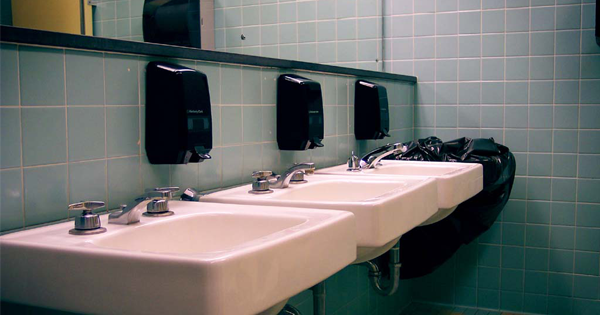There are some health "tips" that we've known since we were very young. They're so common that they've become accepted, despite the fact that science is always changing and these tips are decades out of date. With the advent of the internet, we have an easier way than ever of discovering new information, but these old misconceptions have new staying power, too. Here are just a few things that you don’t need to worry about anymore.
- You need eight glasses of water per day. The idea that you need eight glasses of water per day comes from a recommendation from the US Food and Nutrition Board in 1945. That means this “health tip” is 70 years old! But as it turns out, the original tip is that you need eight glasses of fluid a day, not water. As you might suspect, water isn’t the only way you can hydrate. Juices, fruits and veggies, even coffee can provide you with the hydration you need to get through the day.
- Coffee is bad for you. Now I’m just speculating, but I imagine that the reason there’s been so much research on coffee is because scientists and health experts want to be able to drink it in good conscience like the rest of us. Studies have shown that there are several health benefits of coffee, from reduced risk of type 2 diabetes, certain cancers, and obesity. You can safely enjoy one to three cups of coffee per day without guilt.
- Fresh, not frozen. It’s something you hear all the time. Frozen foods are supposed to be the lesser option, but as it turns out, frozen fruits and veggies can have just as much nutritional content as their fresh counterparts. In fact, “fresh” produce can lose nutrients just by being exposed to heat and air.
- Eating fat makes you gain weight. Most of the time, excess fat is caused by overconsumption of sugar. Eating fat, especially healthy saturated fats found in foods like nuts and seeds, olive oil, and avocado, helps your body get used to burning fat for fuel. Carbohydrates, on the other hand, train your body to burn sugar as fuel first, making it that much harder to burn fat.
- Public restrooms are a cesspool for disease. Though the idea of sharing a restroom may make you squirm, new studies are finding that public restrooms aren’t as scary as we thought. In fact, they’re about as bad as any other public area. Researchers found that less than 15 percent of germs found in public restrooms were from feces, meaning these germs may die off quicker than we thought.
There are plenty of things to worry about. With the advent, worries can spread like wildfire, whether they’re old or new, true or false. While it’s good to keep track of what can put us in danger, it’s good to have a few less things to stress about.
What do you think? Comment and let us know!
Photo Copyright © 2008 cat-sidh/Flickr





